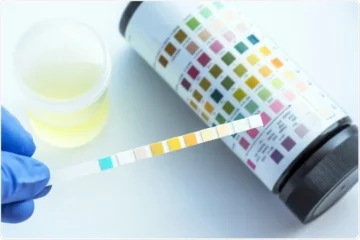Differences between an Addiction and a Compulsion

Addiction and compulsion are often confused to have the same meaning. However, each has a different meaning. What distinguishes these two words? Our experts would like to clear the air.
Defining Addiction and Compulsion
Addiction is a commonly used word. Addiction is defined as a process where a person relies heavily on a certain substance or behavior to deal with challenges in life. This reliance becomes essential to the persons as they continue to engage in the behavior or using the addictive substance, even if it is dangerous to themselves, their family, and other important areas of their life.
In contrast, compulsion has a shallow definition. It can be termed as a strong desire to do something that can result to the development of a behavior or not. Impulses shapes a minor yet vital piece of the enslavement cycle and are a critical piece of fanatical urgent problem.
The Key Differences
There are two key differences between compulsion and addiction. They include:
Pleasure
A compulsion is experienced in obsessive and compulsive disorder. Addiction comprises the experience of pleasure while compulsion does not. People who struggle with addictions experience discomfort, the desire to engage in the behavior or use the substance is based on the anticipation that it will be enjoyable.
In correlation, an individual who encounters an impulse as a feature of over the top urgent issue may not get delight from the exercises he completes. It is a way of dealing with the obsessive part of the disorder that may lead to a sense of relief.
This can be confusing as there is a phase where people with addictions do not enjoy the addictive behavior. They seek liberation from the need to use or indulge in the behavior. It is combined by the experience of withdrawal that occurs when they stop engaging in the behavior or taking the substance. In spite of the fact that it depicts as over the top urgent conduct since the joy is gone, the first rationale to enjoy the conduct was to feel better.
Reality
It is a major distinguishing factor between an addiction and a compulsion. It deals with a person’s awareness of reality. People who have obsessive-compulsive disorder are aware that their obsession is not real. Often, they are disturbed by feeling the need to perform a behavior that defies logic, and still do it to relieve their anxiety.
In comparison, people with addictions are disconnected from the senselessness of their deeds. They are having a good time and other concerns are not important. This is known as rejection as the addicted person disagrees that his behavior or risk is a problem. It is not until a major concern happens such a drunk-driving accident, a spouse leaving or a job loss, that they are faced with the reality of their addiction.











